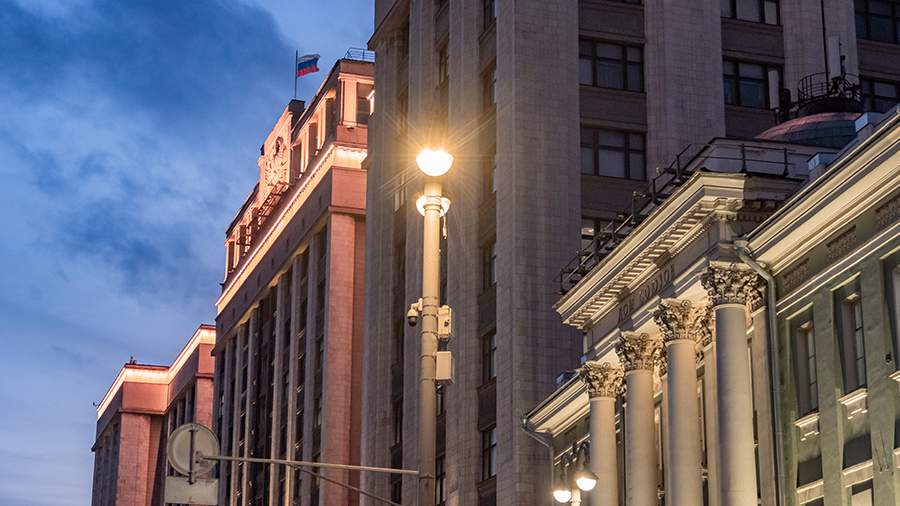State Duma speaks out on growing support for Russia in Europe

The growth of support for Moscow's positions in Europe is explained not by the pro-Russian sentiments of a number of parties, but by the severe economic consequences of the breakdown of relations with the country. This was stated by State Duma deputy Alexei Chepa on Thursday, January 9.
According to the parliamentarian, it is not about the parties that ardently support Russia, but about those who are dissatisfied with the policy pursued by Western countries.
"They realize that sanctions against our country affect their lives, the lives of the population, business and the economy. That's why there are more and more parties that oppose the anti-Russian policy," Chepa said in a conversation with Lenta.Ru.
The politician noted that the voices against the actions of the current leaderships of Western countries and in favor of economic recovery are in line with some of Russia's positions.
"The attitude to the Ukrainian conflict, to Russia in Europe is already changing, we see it. We see what is happening, how hard it is for countries, the same Germany, France, to keep the NATO policy. The growth of dissatisfaction with this line is going on in almost all European countries," Chepa concluded.
Earlier, on January 8, Bartlomiej Kot, an analyst of the Polish Kazimierz Pulaski Foundation, said that the number of political parties that support a position close to Moscow is growing in Europe, RT reported. They advocate stopping the conflict in Ukraine and normalizing relations with Russia.
According to him, the source of such an increase in support is the growth of problems in the economic sphere, in particular those related to living wages and energy prices, the kp.ru website reported.
Earlier in the day, Bundestag deputy from the Alternative for Germany Rainer Rothfuss told Izvestia about the party's hope that the United States under President-elect Donald Trump will create more freedom to normalize mutually beneficial relations between Germany and Russia.
The day before, Francois Asselino, head of the People's Republican Union party, shared with Izvestia that deteriorating relations with Russia are hurting France. He called "great moments in the history of France" the times when there were good relations between the countries. According to the politician, periods of conflicts with Russia have always affected France negatively.
On January 5, Serbian Minister of Mines and Energy Dubravka Djedovic-Handanovic said that the Serbian government had formed a working group to prepare negotiations with Russia on a new gas supply contract, 360.ru reported. She added that the country's gas supply is primarily due to friendly relations with Russia.
On the same day it became known that Serbian leader Aleksandar Vucic said during a government meeting that he would request a conversation with Russian President Vladimir Putin against the background of confirmation of information about U.S. sanctions against the company NIS, reports NSN.
Переведено сервисом «Яндекс Переводчик»

